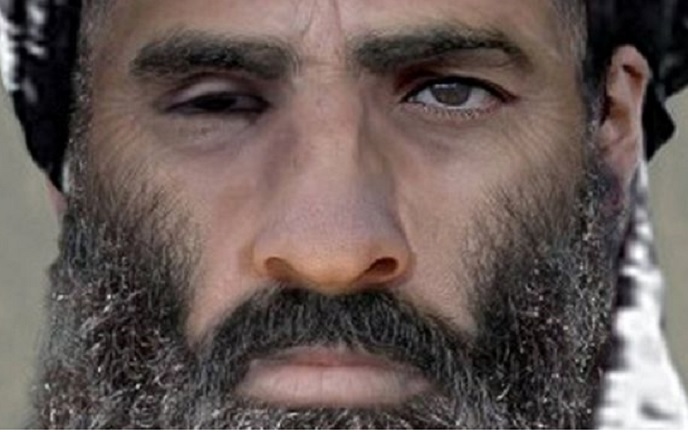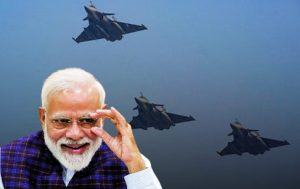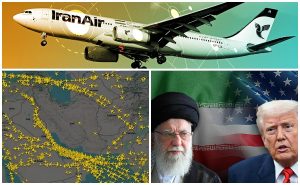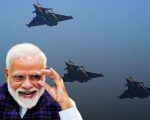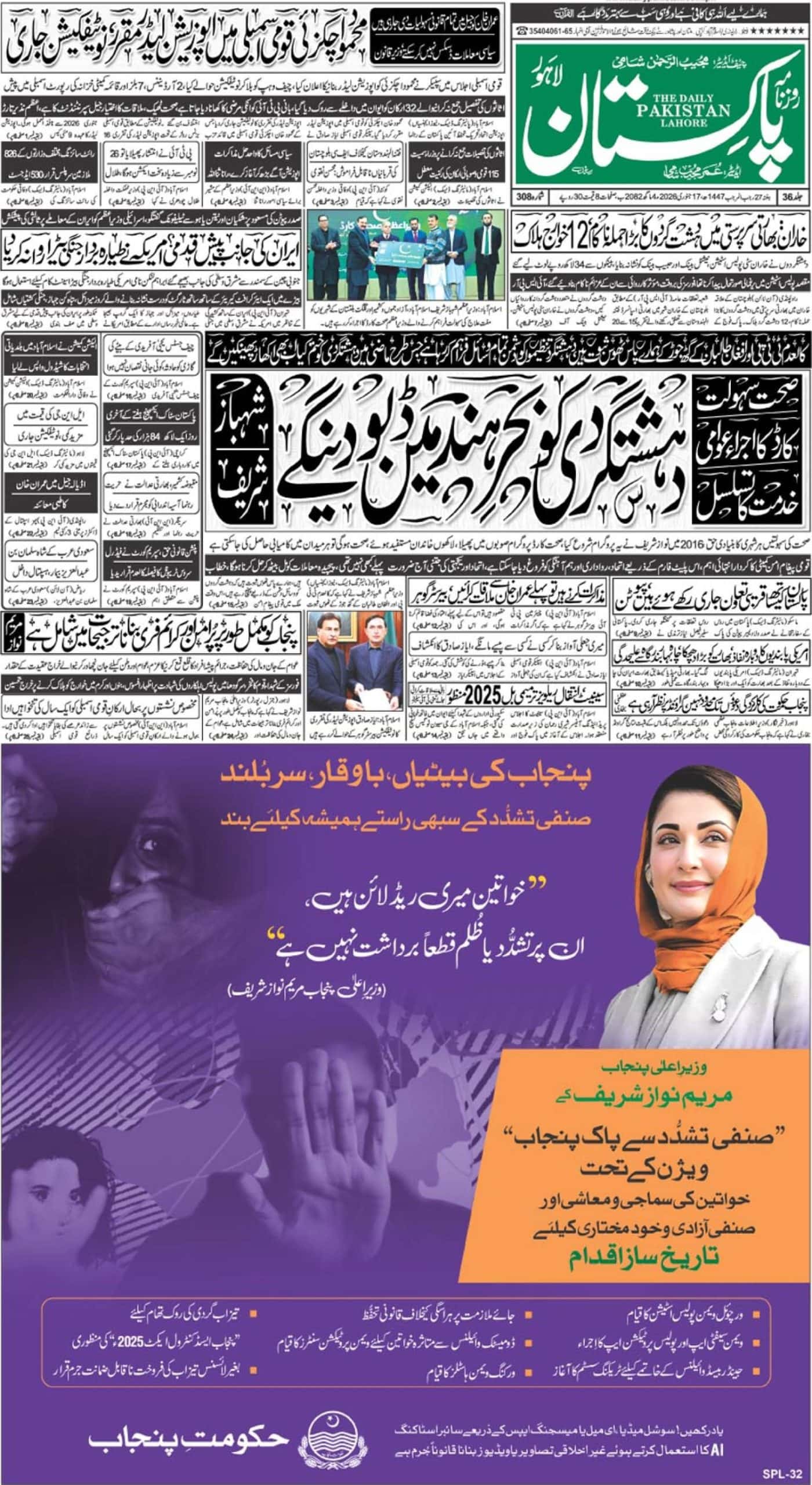KABUL (Web Desk) – Taliban leader Mullah Omar has hailed the “legitimate” peace talks aimed at ending Afghanistan’s 13-year war, in his first comments on the nascent dialogue.
“If we look into our religious regulations, we can find that meetings and even peaceful interactions with the enemies is not prohibited,” the reclusive figure said on Wednesday in his annual message ahead of Eid, the festival marking the end of the fasting month of Ramazan.
“Concurrently with armed jihad, political endeavours and peaceful pathways for achieving these sacred goals is a legitimate Islamic principle,” he said in a statement posted on the Taliban’s official website, the Guardian reported.
Members of the Afghan high peace council sat down with Taliban cadres last week in Murree, a tourist town in the hills north of Islamabad, for their first official talks to try to end the militants’ bloody fight, now in its 14th year.
Read more: Taliban, Kabul agree to advance peace process
They agreed to meet again in the coming weeks, drawing praise from Kabul, Islamabad, Beijing, Washington and the UN.
Although some commanders were optimistic, many others were deeply wary.
The split in responses, with some commanders openly questioning the legitimacy of the Taliban negotiators in Murree, underscored the potentially dangerous faultlines within the movement, particularly between the older leadership and younger.
Read more: Talks between Afghan govt, Taliban conclude in Murree
In the statement, Omar sought to dispel any notion of a split.
“All mujahideen and countrymen should be confident that in this process, I will unwaveringly defend our legal rights and viewpoint everywhere,” he said, adding that the purpose of talks was to “bring an end to the occupation” of Afghanistan.
Several informal meetings have been held in recent months between Taliban representatives and Afghan officials and activists, but last week’s meeting is seen as a significant step forward.
Afghan officials have not said when and where the next round of negotiations will take place, but it is widely expected to be conducted after Eid.
Wednesday’s statement marks the first comments on the process from Mullah Omar, about whom rumours of ill-health and even death regularly emerge.
In the absence of a clear lead from the top, some fighters have fallen back on the Taliban’s traditional position: that there can be no meaningful talks until all foreign forces leave Afghan soil.
Nato ended its combat mission in Afghanistan at the end of December, but a smaller residual force remains to train Afghan forces, due to leave altogether by the end of 2016.
Divides within the Taliban between those for and against talks have been made worse by the emergence of a local branch of the “Islamic State” (IS).
The Taliban warned IS last month against expanding in the region, but this has not stopped some fighters, inspired by the group’s success, defecting to swear allegiance to IS chief Abu Bakr al-Baghdadi instead of the invisible Mullah Omar.
US drone strikes over the past week have killed dozens of suspected IS-linked cadres in Afghanistan, including the group’s Afghanistan-Pakistan regional chief, Hafiz Sayeed.
The notoriously uncompromising IS has shown no desire to negotiate, and if the Taliban faultlines widen there is a danger the talks process could drive more of its hardline fighters into its arms.

